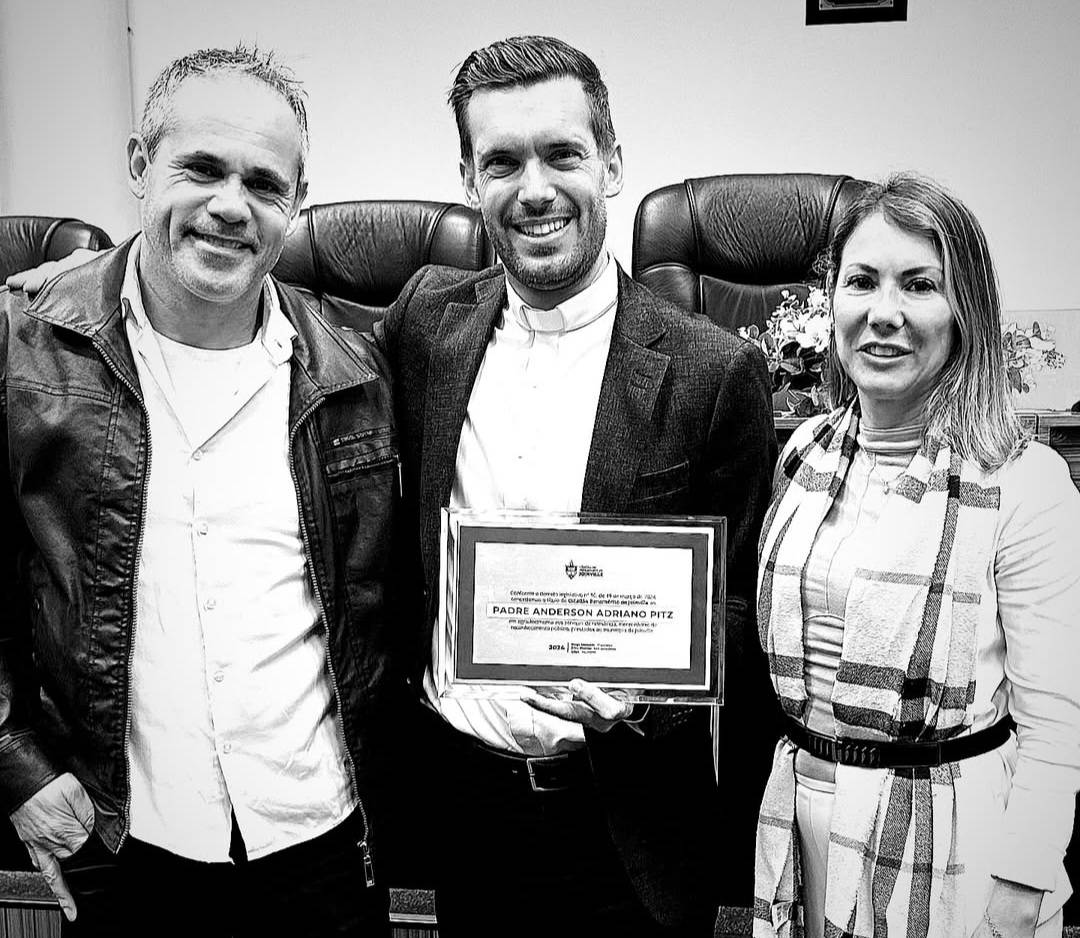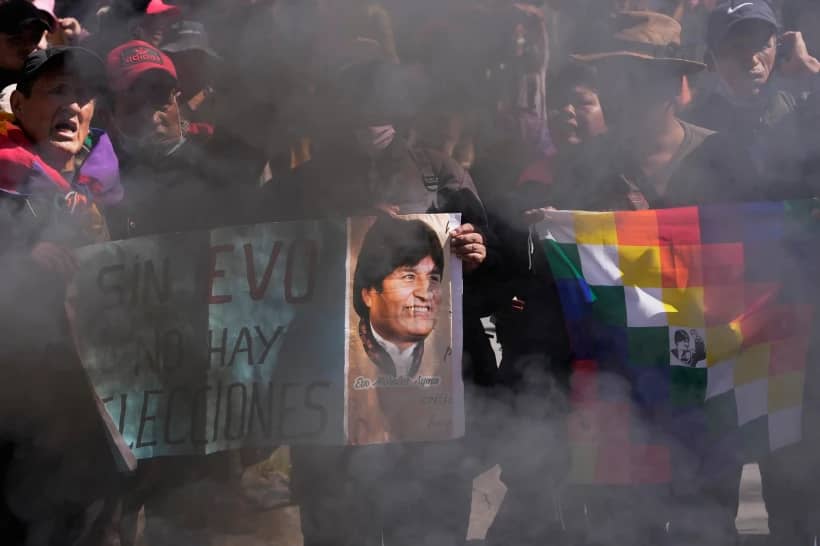ROME – After the recent discovery of the remains of hundreds of children at a former residential school in Canada, the bishops announced that they are organizing a meeting between the pope and indigenous leaders in Rome.
In a June 10 statement, the Canadian Conference of Catholic Bishops said the discovery of the remains “reminds us of a tragic legacy still felt today.”
“With the strong encouragement of Pope Francis, the Bishops of Canada have pledged true and deep commitment to renewing and strengthening relationships with Indigenous Peoples across the land,” they said, noting that over the past few years, a number of regional and diocesan “listening circles” have taken place to listen to the stories of indigenous communities.
For the past two years, the bishops have been coordinating at various levels with several different indigenous communities in Canada – including the First Nations, Métis and Inuit national organizations – to prepare “a delegation of Indigenous people to meet with the Holy Father to foster meaningful encounters of dialogue and healing.”
While no specific details about the trip has been released, this “pastoral visit” will include the participation of Elders and Knowledge Keepers belonging to different communities, as well as several residential school survivors and youth from across the nation, they said.
According to the bishops, the visit will also provide Pope Francis with “a unique opportunity to hear directly from Indigenous Peoples, express his heartfelt closeness, address the impact of colonization and the implication of the Church in the residential schools, so as to respond to the suffering of Indigenous Peoples and the ongoing effects of intergenerational trauma.”
The visit was delayed due to the coronavirus pandemic, however, the bishops insisted that they are committed to moving forward in bringing the delegations to Rome by the end of 2021, “in compliance with international travel guidelines.”
News of the visit follows the recent discovery of the remains of 215 children on the grounds of the Indian Residential School. Founded in 1890, the school is Canada’s largest indigenous boarding school and was run by both the local Catholic Church and Canadian government. It closed in 1978.
At the time, Catholic missionary orders ran around two thirds of residential schools in Canada, which generally aimed to assimilate indigenous children to Canadian culture. However, these schools later gained an infamous reputation after stories of physical and sexual abuse, as well as beatings when children spoke their native language, came to light.
First reported May 30, the discovery of the children’s remains has sparked massive public outcry, including calls for the Catholic Church, and the pope specifically, to make a public apology for the crimes and abuses committed against indigenous children at the schools.
In a statement following the discovery, President Clément Chartier of the Métis Nation organization said that “Such a tragedy should never have happened and certainly speaks to the horrors of the federal government’s past practice of attempting to assimilate the Indigenous peoples in Canada.”
“Most Canadians do not know about, or do not comprehend the scale of hardship suffered by Indigenous families and children who were forced to attend residential schools,” he said, adding, “the violation of the many Indigenous children in all residential and boarding schools must be fully addressed if true, lasting and meaningful reconciliation is to take place.”
Canadian Prime Minister Justin Trudeau offered a formal apology after the discovery was made public.
In remarks during his June 6 Angelus address, Pope Francis acknowledged the discovery of the remains and assured of his closeness to the Canadian bishops and the Canadian people, “who have been traumatized by the shocking news.”
On that occasion, Pope Francis said that the discovery heightens “our awareness of the pain and suffering of the past,” but he did not issue an apology.
Instead, he urged mutual dialogue and respect, saying the discovery of the remains is another opportunity to “turn away from the colonizing model,” including what he has dubbed modern-day “ideological colonization.”
In their statement, Canada’s bishops said the delegation that will visit the Vatican represents “an important step on the journey of reconciliation and shared healing for Indigenous Peoples and the Church in Canada.”
“It is our hope that these forthcoming encounters – and the important collaboration and partnership that has supported the planning – will lead to a shared future of peace and harmony between Indigenous Peoples and the Catholic Church in Canada,” they said.
Follow Elise Ann Allen on Twitter: @eliseannallen
















